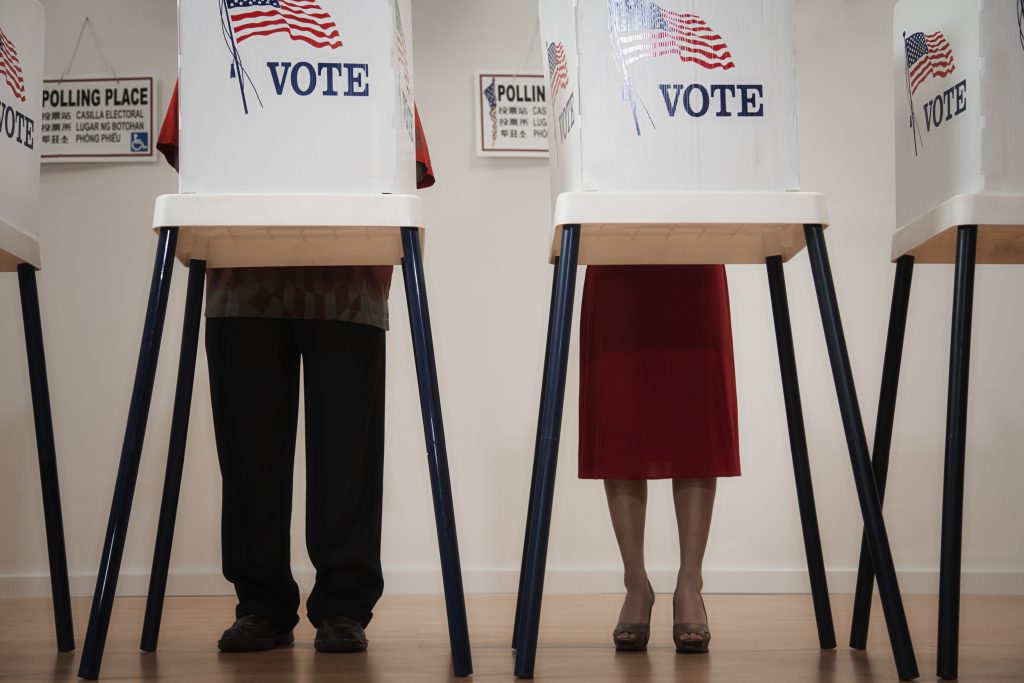Ranked choice voting (RCV) has become a heavily discussed topic in recent years. Promoted primarily by progressive, left-wing organizations, RCV is touted as a way of fixing problems related to the two-party system in the United States by giving voters a greater voice and improving overall satisfaction with the electoral system. For instance, Fair Vote—one of the leading advocates for RCV—states on its website, “Our ‘choose-one’ elections deprive voters of meaningful choices, create increasingly toxic campaign cycles, advance candidates who lack broad support and leave voters feeling like our voices are not heard. Ranked choice voting is the solution.”
There are certainly problems associated with the two-party system, including elite dominance over the internal processes of the Republican and Democrat parties and an exponential rise in political polarization in recent decades. Further, it is likely true that many Americans feel like they are forced to choose between the “lesser of two evils” when casting their vote, rather than being able to vote for a candidate who reflects their values and inspires genuine excitement.
However, ranked choice voting is not a solution to any of these problems. In fact, it exacerbates them, while also adding entirely new problems to the electoral equation. Ultimately, RCV undermines our electoral system and should concern all those who value election integrity and fairness in the voting process.
Key Takeaways:
- Ranked choice voting disenfranchises voters by forcing them to rank candidates, and discarding those voters’ ballots if they fail to use the ranking system or if their ballots contain mistakes, which are common. One comprehensive study shows more than one-in-ten ballots are discarded in this fashion.
- Disenfranchisement disproportionately affects minority communities.
- RCV causes substantial voter confusion, lower voter turnout, and a decrease in public confidence in the election system.
- RCV results in significant administrative errors by election officials, which can lead to delays in processing election results, and can cause a losing candidate to be mistakenly certified as the winner.
- RCV can cause candidates who do not receive the most votes to win the election, subverting the will of the people.
- RCV manipulates third-party voters into supporting mainstream candidates and further entrenches the power of the two dominant political parties.
- RCV poses an immense threat to election integrity and fair democratic processes.
- Policymakers should ban ranked choice voting in every jurisdiction.


